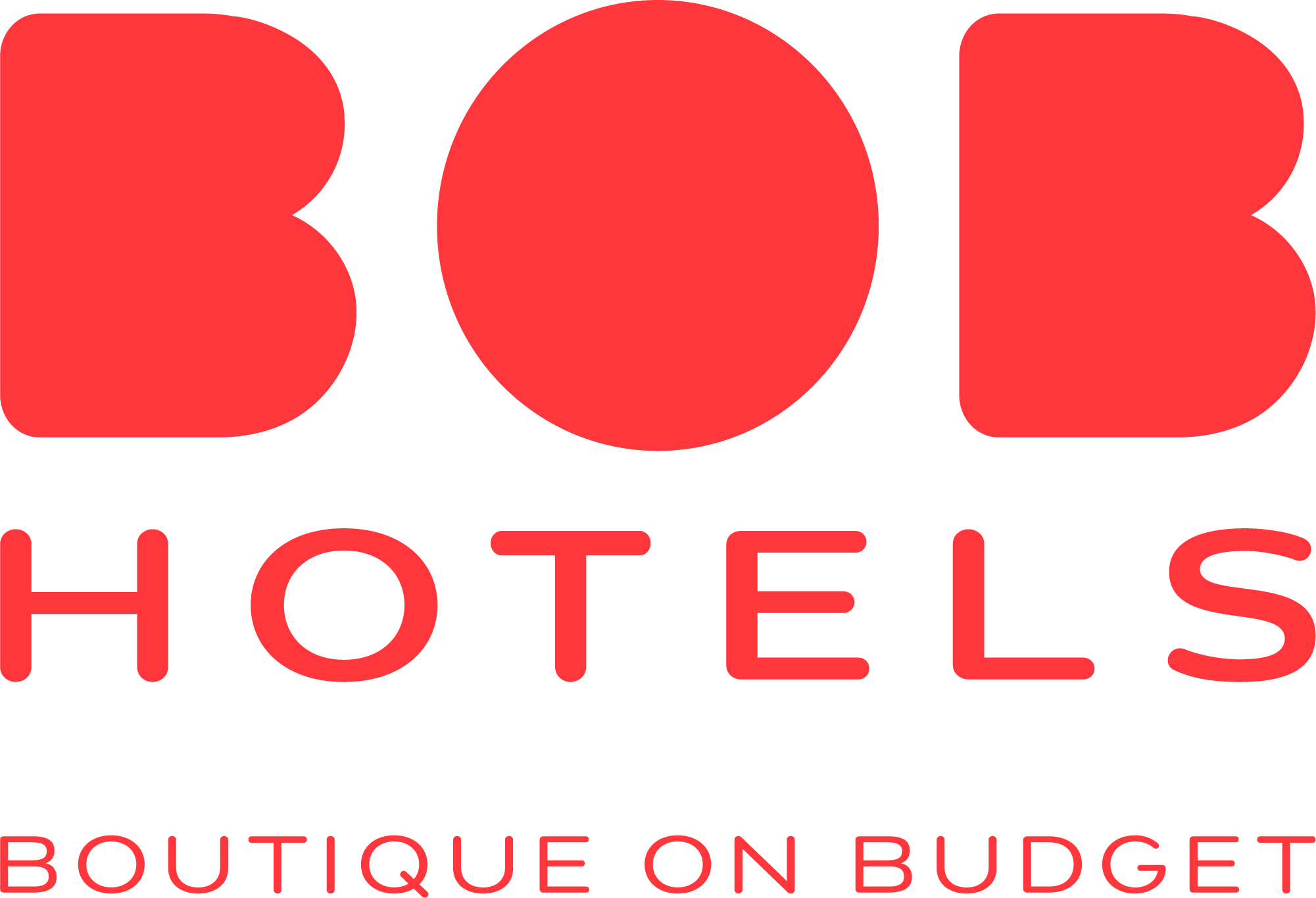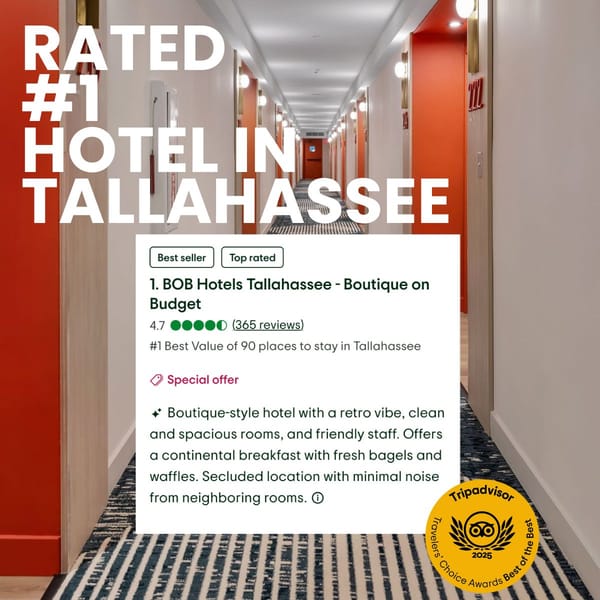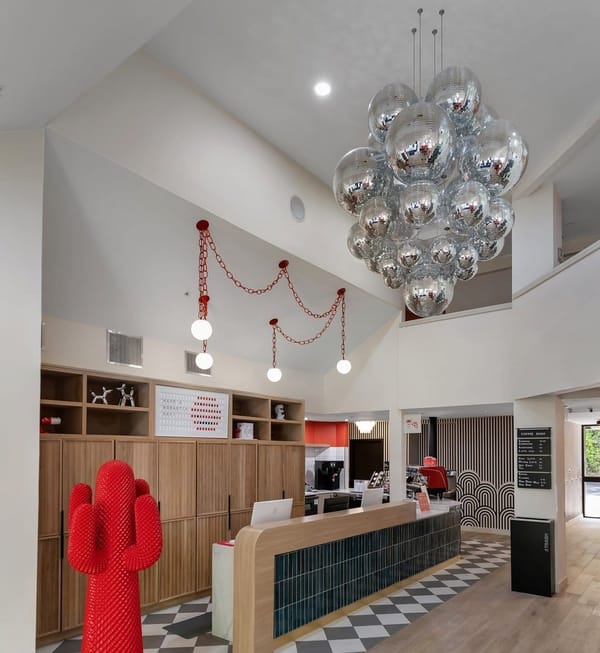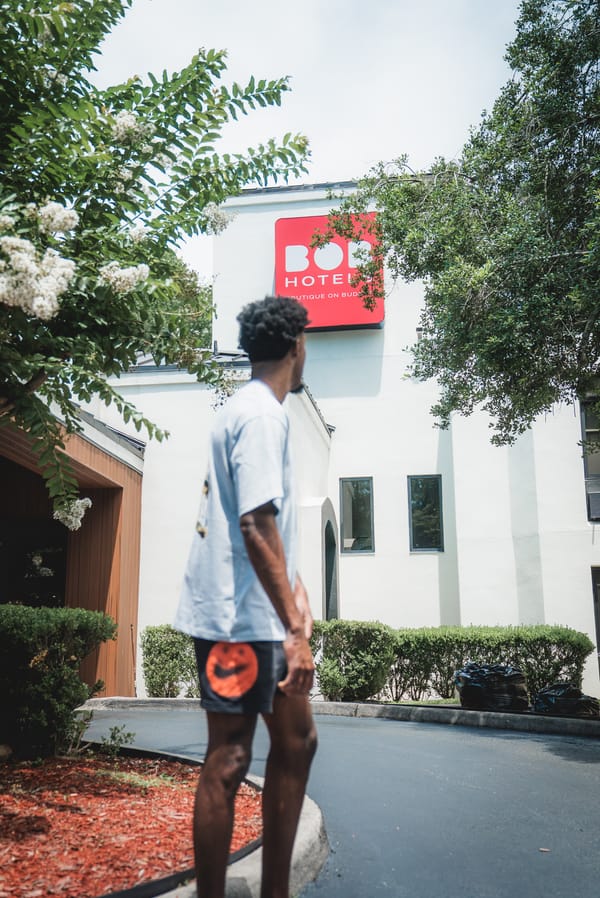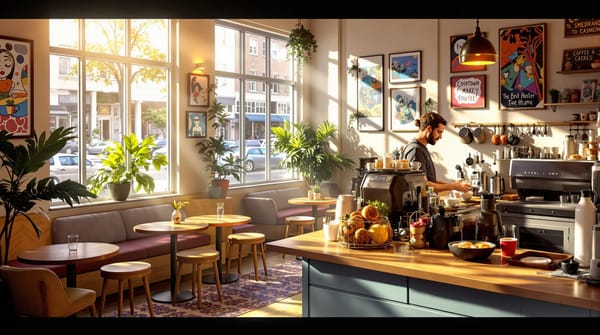Flexible Booking Trends Shaping Millennial Travel
Explore how millennials are reshaping travel with spontaneity, tech-driven solutions, and flexible booking options for a new travel experience.
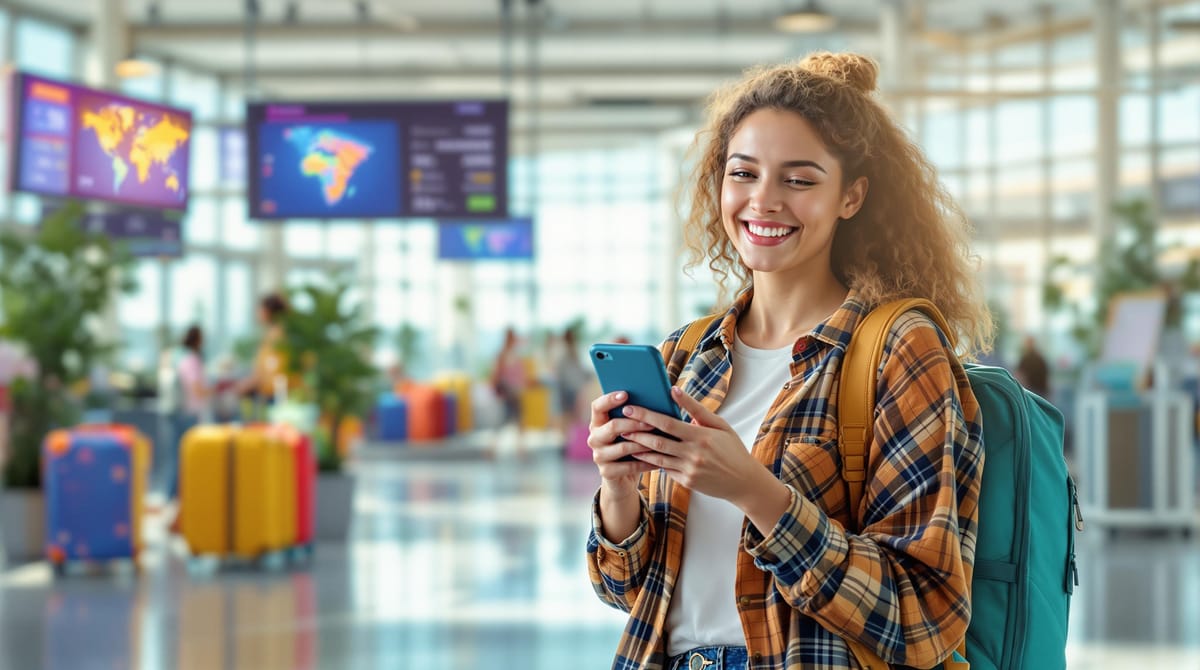
Millennials are changing travel habits. They prioritize spontaneity, unique experiences, and flexible booking options. Here's what you need to know:
- Spontaneous Travel: 49% of millennials took a last-minute trip last year.
- Flash Deals Matter: 30% are influenced by last-minute discounts.
- Flexibility Features: Popular options include mobile apps, AI-powered personalization, and refundable cancellations.
- Tech in Travel: Tools like TravelPerk's FlexiPerk allow cancellations with an 80% refund up to 2 hours before departure.
The travel industry is adapting with dynamic pricing, flexible policies, and tech-driven solutions to meet these preferences. Millennials are shaping a new era of travel focused on convenience and on-the-go decision-making.
7 Hidden Secrets to Finding Cheap Last Minute Travel Deals
Impact of Flexible Booking on Travel Behavior
Flexible booking options have completely changed how millennials plan and experience travel. Compared to Gen Xers, millennials are much more open to last-minute trips - 49% of millennials take spontaneous trips, while only 30% of Gen Xers do [2][4].
Increase in Last-Minute Travel
Spontaneity and flash deals are key drivers for millennial travel decisions, with 50% citing spur-of-the-moment desires and 30% being influenced by last-minute discounts [2]. To meet these preferences, the travel industry has introduced dynamic pricing models and platforms specifically designed for last-minute bookings.
| Travel Behavior Shift | Industry Response |
|---|---|
| Spontaneous, Deal-Focused Travel | Last-minute booking platforms and flash sales |
| Demand for Flexibility | Refundable and flexible cancellation options |
These changes highlight the growing demand for tools and services that cater to convenience and on-the-go decision-making.
Technology's Role in Flexible Travel
Technological advancements are playing a huge role in supporting flexible travel. Platforms like TravelPerk's FlexiPerk allow cancellations up to two hours before departure with an 80% refund [1]. Mobile apps and AI-driven tools are also making it easier for travelers to book spontaneously and receive tailored recommendations. Here's how technology is shaping the travel landscape:
- Mobile apps streamline instant bookings and adjustments
- AI platforms offer personalized suggestions based on user preferences
- Digital tools simplify last-minute changes and cancellations
With 60% of U.S. travelers now open to unplanned trips if the deal is right [6], the industry is rapidly adapting. These technological innovations are creating a more responsive and traveler-friendly marketplace, pushing the hospitality sector to keep pace with shifting expectations.
Hospitality Industry's Response to Flexible Travel
The hospitality sector is embracing tech-forward, guest-focused solutions to cater to millennial travelers' need for spontaneity and convenience.
BOB Hotels Tallahassee: A Case Study in Flexibility
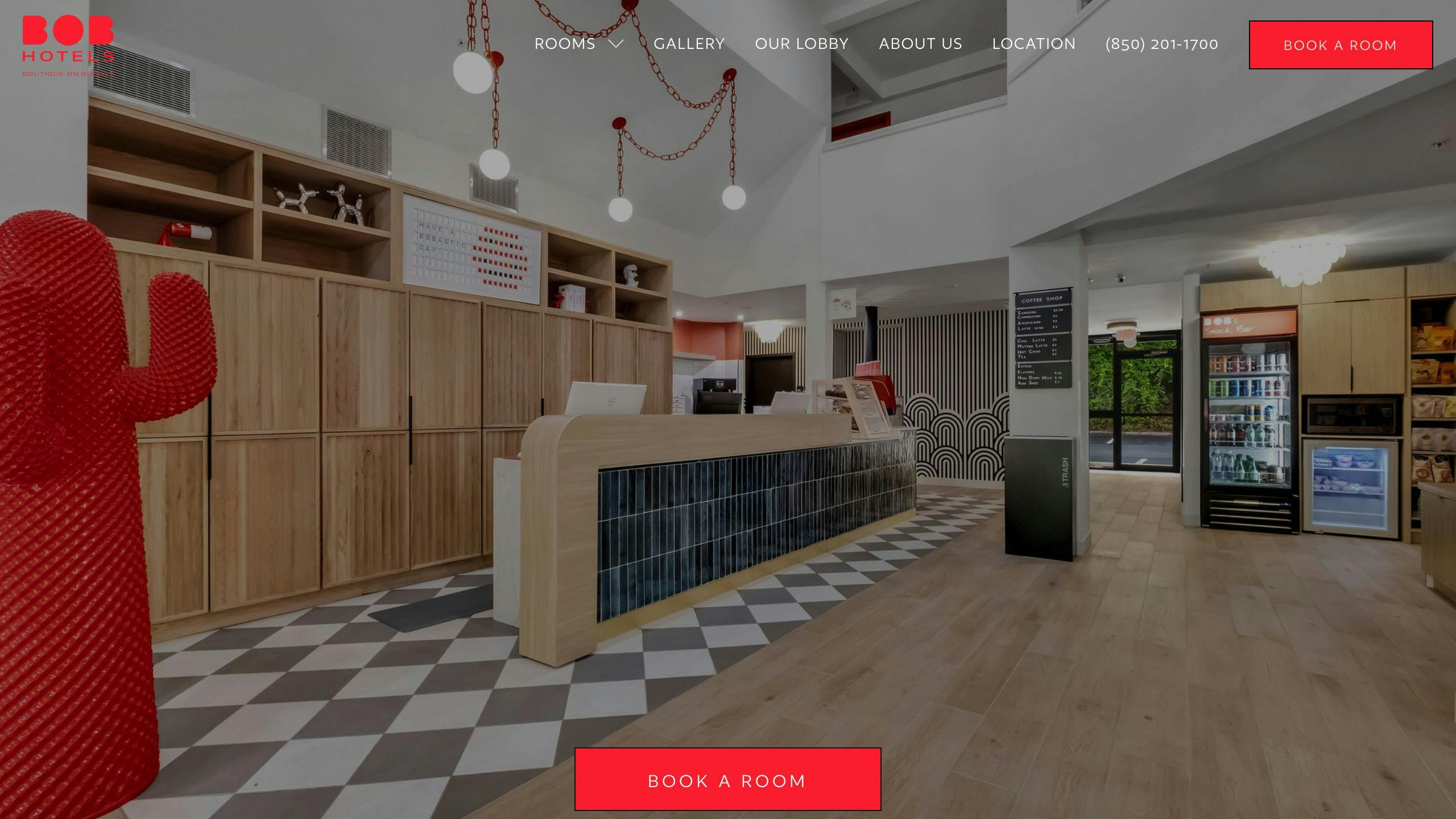
BOB Hotels Tallahassee is a great example of meeting these demands. It offers features like 24/7 self-check-in, smart room technology, and a prime location near popular attractions. The hotel also uses dynamic pricing to adjust rates based on demand, making it easier for travelers to book last-minute stays.
| Feature | Benefit for Travelers |
|---|---|
| Self-Check-In System | Allows guests to arrive anytime |
| Smart Room Technology | Enhances the tech-savvy experience |
| Central Location | Ensures easy access to activities |
This approach highlights a growing trend across the hospitality industry, where offering flexibility is now a key factor in guest satisfaction.
How Hotels Are Prioritizing Flexibility
Hotels are rolling out various strategies to stay competitive and appeal to younger travelers. For instance, TravelPerk reports that properties with flexible booking policies see higher engagement from millennials. Their FlexiPerk program even guarantees an 80% refund for cancellations made up to two hours before check-in [1].
Here are some ways the industry is adapting:
| Strategy | Benefit |
|---|---|
| Dynamic Pricing | Balances occupancy and revenue |
| Flexible Cancellation | Boosts traveler confidence |
| Subscription Services | Encourages loyalty and repeat stays |
Future Trends in Millennial Travel
Millennial travel habits are evolving quickly, driven by advancements in technology and shifting priorities. Recent studies highlight how younger generations are redefining the way they plan and experience travel.
Interest in Smaller, Less Crowded Destinations
More millennials are opting for lesser-known destinations instead of popular tourist hubs. This reflects a preference for deeper, more immersive travel experiences that connect them with local cultures. Technology plays a big role here, making it easier to research, plan, and book trips to these less-traveled spots.
The Role of Technology in Travel
Technology is changing every aspect of how millennials approach travel, from planning to execution. Tools like AI, mobile apps, and dynamic pricing systems make it easier to plan spontaneous trips and receive highly personalized recommendations. Here's a closer look at some key innovations:
| Technology | How It’s Changing Travel |
|---|---|
| AI Tools | Suggests custom itineraries based on user preferences |
| Mobile Apps | Simplifies last-minute bookings |
| Dynamic Pricing | Offers real-time price updates |
| Digital Concierge | Provides round-the-clock travel support |
Millennials are also pushing for travel options that combine ease with environmental awareness. Many travel brands are responding by integrating eco-friendly features into their platforms. For example, offering carbon-offset options or promoting sustainable accommodations. This blend of convenience and responsibility is setting new expectations for the travel industry.
Conclusion: Responding to the Flexible Travel Trend
Millennial preferences are reshaping how the travel industry operates. Since 2013, last-minute travel among millennials has grown by 20%, showing a clear increase in demand for more flexible travel options [4]. This shift has pushed businesses to adapt quickly to meet these changing expectations.
Hotels and other hospitality providers are stepping up to the challenge. Take BOB Hotels Tallahassee, for example - they’ve embraced technology and flexible policies to cater to millennial travelers, setting a strong example for others in the industry. These efforts are helping create smoother, more spontaneous travel experiences.
To stay competitive, travel businesses should prioritize three main areas:
| Focus Area | Implementation Strategy | Expected Impact |
|---|---|---|
| Technology Integration | Mobile-first booking platforms | Better overall customer experience |
| Flexible Policies | Last-minute cancellation options | Greater booking confidence |
| Personalization | Data-driven travel recommendations | Higher satisfaction rates |
Research from Booking.com's annual Travel Predictions underscores how travelers are "rewriting their playbook" for 2025 [3]. Flexible travel isn’t just a passing trend - it’s a fundamental change in how trips are planned and enjoyed. The key for businesses lies in balancing efficient operations with customer-focused policies to stay agile in this fast-changing market.
FAQs
What are the travel habits of millennials and Gen Z?
Millennials and Gen Z are changing the way people travel, emphasizing spontaneity, digital tools, and meaningful experiences. These groups lean heavily on digital booking platforms and prefer flexible options, with millennials leading the charge in spontaneous travel trends [4]. Convenience and tech-driven solutions are at the core of how they plan their trips.
Millennials take an average of 5.6 trips per year, far more than other age groups [5]. Their travel choices are increasingly focused on experiences with purpose - 61% favor wellness-focused trips, and 83% are interested in alcohol-free travel experiences [5]. This shift is pushing the travel industry to rethink its offerings and booking policies.
How do millennials' travel habits influence the industry?
Last year, 82% of millennials traveled, compared to 75% of other generations [4]. This high participation rate is driving big changes in the travel industry. Their love for spontaneity and flexibility has led to the rise of flexible booking policies and advanced digital tools.
Travel providers are stepping up with dynamic pricing, last-minute booking options, and tech-driven solutions to meet millennials' needs. The emphasis on flexibility and personalization is now a must for businesses looking to attract this group. With their frequent travel and demand for convenience, millennials are pushing the industry to innovate and evolve.
